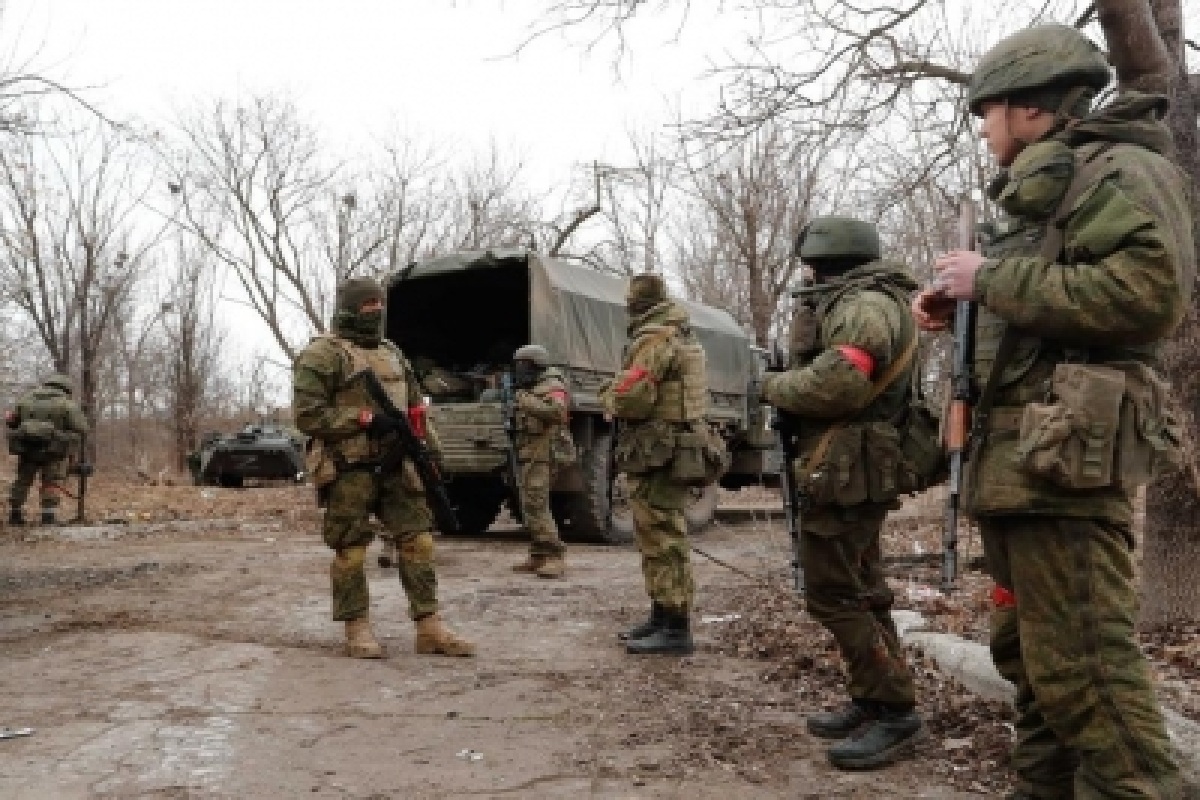Tokyo stocks retreat amid geopolitical, economic uncertainties
Tokyo stocks retreated on Wednesday as investors grappled with heightened uncertainties surrounding US monetary policy and geopolitical tensions between Ukraine and Russia.
The core of the crisis three months after Russia invaded Ukraine must be that transportation of food grain from Ukraine, even to such impoverished regions as Lebanon and Somalia, has been disrupted.

Photo: IANS
Call it a blockade or blackmail. The core of the crisis three months after Russia invaded Ukraine must be that transportation of food grain from Ukraine, even to such impoverished regions as Lebanon and Somalia, has been disrupted. In the net, the hope of alleviating the global ballooning wheat prices and a crippling shortage of food has hit the reefs. The European Union is said to be working “overtime” to counter the Russian blackmail and get the grain blocked by the war in Ukraine to international markets.
As one of the world’s major grain exporters, Ukraine now has to contend with the grim reality, specifically that 20 million tons of grain are blocked inside the country by the Russians. As much is the fine print of the presentation advanced by the president of the European Commission, Ursula von der Leyen, to an audience at the World Economic Forum in Davos on Tuesday. She said that Moscow’s actions and the campaign to confiscate Ukraine’s grain stocks and machinery were reminiscent of the famine in Ukraine and other parts of the Soviet Union in the early 1930s in which millions died. Fears of a potential global food crisis are not wholly unfounded not the least because of a sharp fall in Ukraine’s wheat shipments coupled with the sanctions on Moscow that have impeded Russian exports. The food crisis can be contextualized with the projection of the United Nations that “tens of millions of people could face hunger or famine”. Ukraine normally exports five million tons of wheat every month, but the figure is now down to between 200,000 tons and a million, Ms Van der Leyen said. “Global cooperation is the antidote to Russia’s black- mail. By getting it out, we can provide Ukrainians with much-needed revenues, and the World Food Programme with supplies it badly needs.”
Russia’s naval dominance of the Black Sea and the Sea of Azov, not to forget its control of Mariupol which it fully seized last week, has disrupted the export of grain by ship. World leaders and the government in Kiev are said to be straining every nerve in the quest for alternative routes. “To do this, we are opening solidarity lanes and linking Ukraine’s borders to our ports,” Van der Leyen said. “We are financing different modes of transportation so that Ukraine’s grain can reach the most vulnerable countries in the world.”
Advertisement
Andraej Duda, the President of Poland, which offers one potential land corridor, said on a visit to Kiev that his government would ease trade barriers, but road and rail transport present practical obstacles, given the quantities involved. Van der Leyen said that the EU countries were increasing their own wheat production, even supporting countries in Africa, to make them less dependent on food imports. The import-export paradigm is at the core of life’s essential, one that has been evaded as those in the Kremlin pursue their agenda in the conduct of a war.
Advertisement